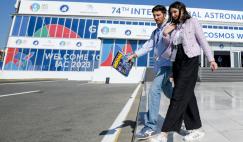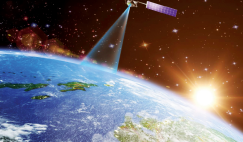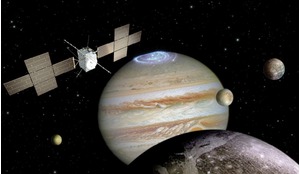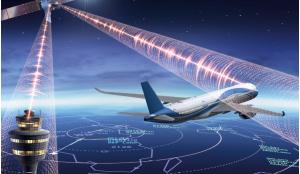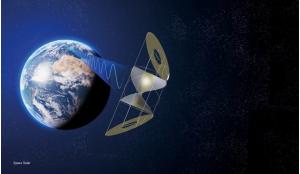The new Director General of the European Space Agency (ESA), Austrian Josef Aschbacher, is committed to building a more cooperative relationship between the EU and ESA on space programmes. Speaking exclusively to Clive Simpson, ROOM’s Editor-in-Chief, via Zoom at the start of the year, he emphasised that tying down the details of ESA’s relationship with the EU would be one of his top priorities. He also spoke about his achievements as director of the agency’s Earth observation directorate since 2016 and the importance of using observations from space to help mitigate the effects of climate change. Dr Aschbacher assumed his new role at the start of March, replacing Jan Woerner, who served as ESA DG for five years.
During your time as Director of Earth observation (EO) programmes what have been the key changes and developments?
In 2016 the first satellite constellations were starting and new companies, particularly in Silicon Valley, were beginning to emerge into the EO domain. I decided that if ESA wanted, as a publicly funded body, to be relevant to the community at large we had first of all to understand not only what’s going on but also adapt and work alongside the many new players on the world stage.






